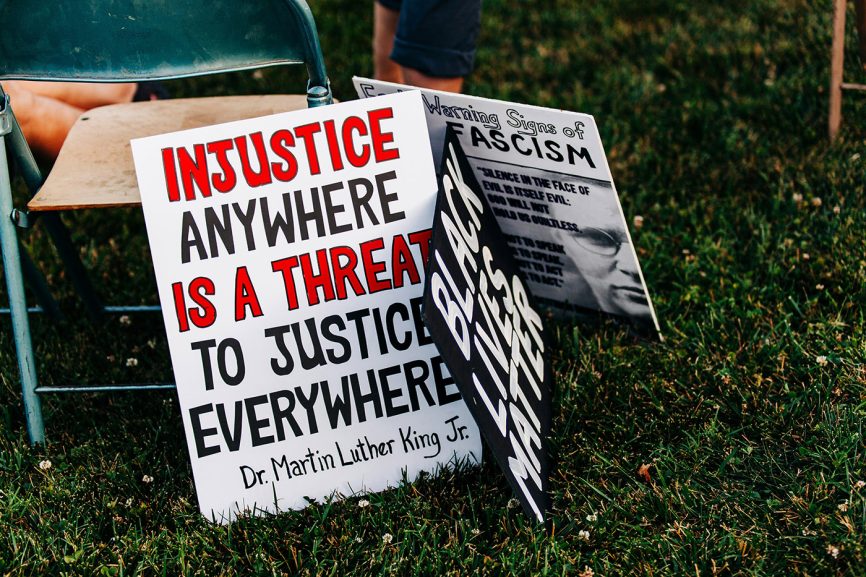This Juneteenth, Let’s Honor the Legacy—and Live It
by: Rev. Anna Golladay
For the last 15 years, my ethics, imagination, and core desire for beloved community have been influenced radically by my interactions with and the words of one of the Church’s boldest prophetic voices, Walter Brueggemann. His life was one of profound excellence. In 2014, I started my social enterprise using many of his teachings as its foundation. If you have ever seen me speak on the role that the Church has in economic opportunity and reinvestment in community, you have heard me quote these words from “The Liturgy of Abundance, the Myth of Scarcity: Consumerism and Religious Life:”
The profane is the opposite of the sacramental. “Profane” means flat, empty, one dimensional, exhausted. The market ideology wants us to believe that the world is profane—life consists of buying and selling; weighing, measuring, and trading; and then finally sinking into death and nothingness. But Jesus presents an entirely different kind of economy, one infused with the mystery of abundance and a cruciform kind of generosity. Five thousand are fed and twelve baskets of food are left over—one for every tribe If bread is broken and shared, there is enough for all. of Israel. Jesus transforms the economy by blessing it and breaking it beyond self-interest. From broken Friday bread comes Sunday abundance.
Today is Juneteenth—a day that commemorates the delayed arrival of freedom. On June 19, 1865, two and a half years after the Emancipation Proclamation was signed, the final enslaved Black Americans in Galveston, Texas, were told they were free. That delay between law and liberation is the bitter space where injustice festers. And it is a space we still live in today. Brueggemann would no doubt echo that chattel slavery is a tangible example of a group of humans denying the possibility of abundance to others.

This Juneteenth, as we celebrate Black resilience and resistance, we are reminded of Brueggemann’s words in one of his final reflections, “The Strangeness of the Stranger,” he reminded us:
“Strangeness is not a problem to be solved but a gift to be received… And every time we face the stranger, we face a new possibility of neighborliness.”
Brueggemann knew—as we must know—that freedom is not just the absence of chains. It’s the presence of community, of equity, of belovedness. And yet, in 2025, our nation is still caged by racism, fear, and systems that treat strangers as threats instead of neighbors. Across this country, we see an acceleration in anti-immigrant sentiment. States defy the Constitution in attacks on Black history and the rights of the vulnerable. The gospel is being hijacked for power and exclusion. Jesus would weep—and rage.
So we ask, what does faithfulness look like in this moment?
At Convergence, we believe it looks like action. That’s why we created courses like the Anti-Racism Training for Faithful White Allies. A course rooted in the Gospel, designed to help progressive Christians and leaders live out the freedom we proclaim.
This course offers:
- Biblical grounding for anti-racism and justice
- Honest confrontation with white supremacy and complicity
- Tools for meaningful transformation in yourself and your church
- A faithful response to the ongoing cries for liberation
If Juneteenth teaches us anything, it’s that freedom delayed is justice denied—and that we cannot wait another generation to do this work.
Let this day of remembrance be a day of recommitment. Let it be our yes to the kind of justice Walter Brueggemann preached, and the kind of community Jesus died for.
Honor Juneteenth with your action.
In the name of liberation,
In the tradition of the prophets,
In the way of Jesus.

